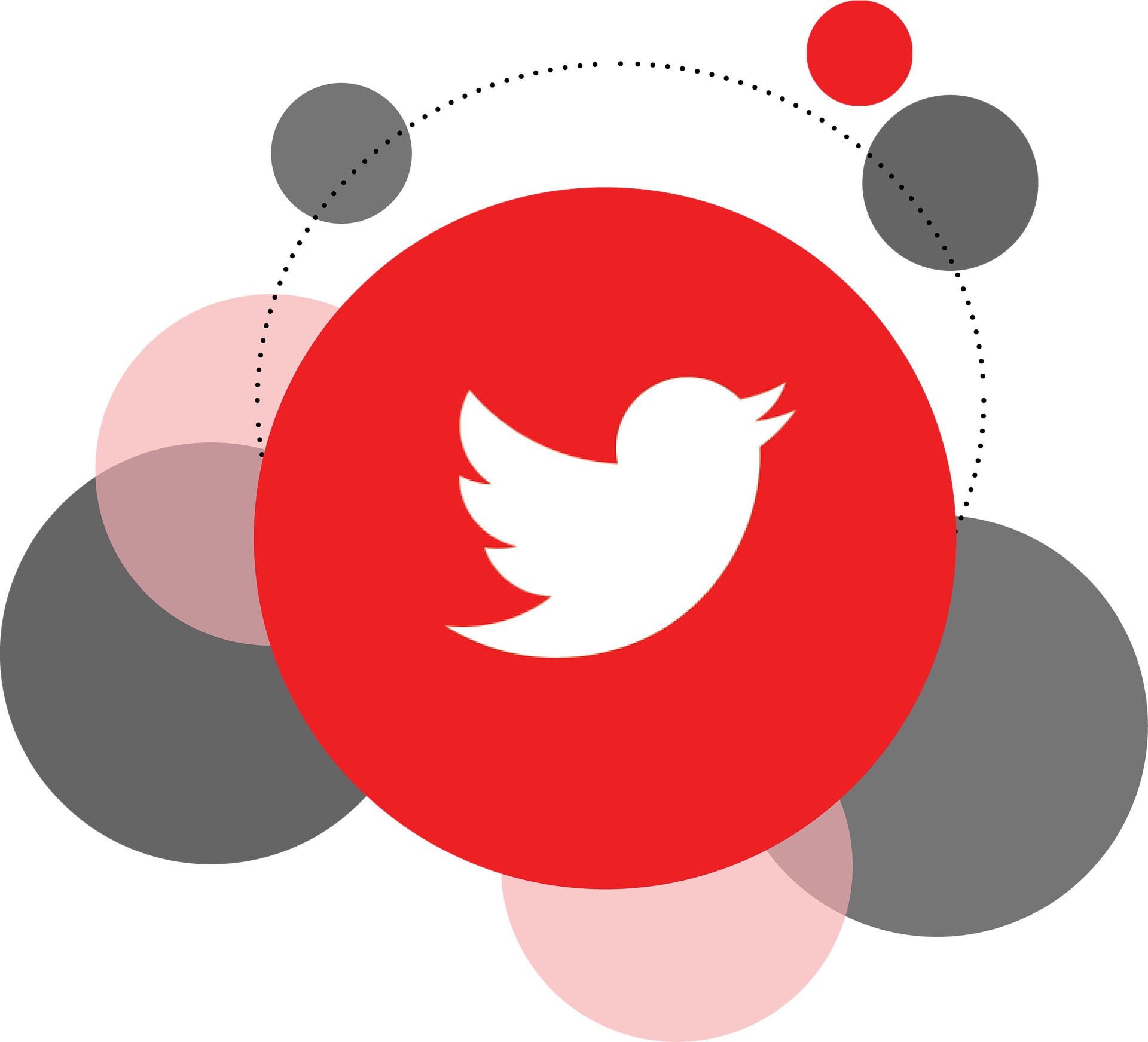Mr. Martijn de Schepper
Company law
Attorney: Warm, committed team player. Excels at finding creative strategies and solutions.
Written by Mr. Martijn de Schepper
 We can no longer imagine a life without social media like Facebook and Twitter. Even the Pope now has his own Twitter account, @pontifex. But… social media also have a darker side.
We can no longer imagine a life without social media like Facebook and Twitter. Even the Pope now has his own Twitter account, @pontifex. But… social media also have a darker side.
Consider the riots in Haren. But the use of Facebook, Twitter or LinkedIn can also have drastic consequences closer to home. For your job, for example.
The Sub-District Court in Arnhem rescinded the employment contract of a Blokker employee after he posted insulting remarks about his supervisor and employer on Facebook.
Linking up with customers of a former employer on LinkedIn can also be unlawful under a non-solicitation clause. And anyone who damages the reputation of another can be ordered to pay compensation for libel or slander or be subject to criminal prosecution.
Increasing numbers of business have rules governing employees’ use of social media, to prevent negative publicity. Who knows, perhaps whoever operates the Pope’s Twitter account is subject to such regulations? He’s unlikely to be managing the account himself, so we’d certainly advise him to draw up some rules!
Social media are a recent phenomenon, but the underlying principle has existed for centuries. Copernicus got into trouble for saying that the world was round because this was damaging to the church’s authority. These days this seems strange, so clearly the rules change over time. That’s why we advise businesses to make regular checks to ensure they still have proper arrangements in place to deal with these issues.
Here are a few tips to get you started. Don’t say anything on the internet that you wouldn’t say in front of your in-laws. If anyone speaks ill of you or your company, ask them to stop immediately. If the negative comments continue, you can issue summary proceedings for a court order prohibiting the comments.
We wish you a festive New Year’s Eve and a happy New Year. Now there’s a statement no-one’s likely to be offended by.
This website uses cookies to improve our services and website